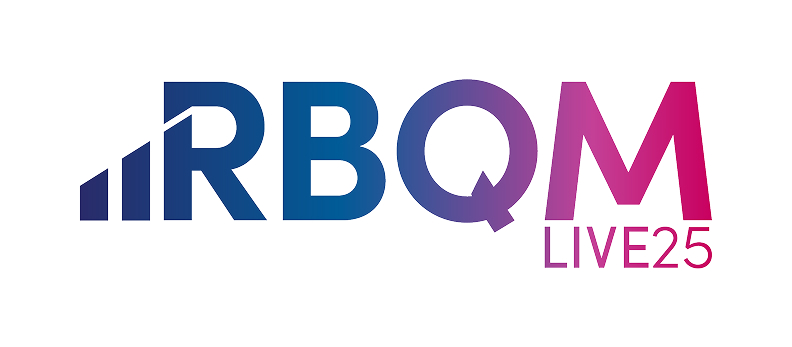Artificial intelligence (AI) and risk-based quality management (RBQM) are growing trends in pharma – and the two go together like strawberries and cream.
For decades, clinical trials have become increasingly expensive, time-consuming, and complex, leading sponsors to seek ways to streamline the process safely. Enter RBQM, which enables researchers to focus on what matters most by following the most critical safety and efficacy data.
The ICH-backed model relies on the ability to quickly process, review, and assess data in near-real time. That is exactly what machine learning (ML) does. It uses computer algorithms and extracts knowledge from large datasets, informing the analysis of new and unseen data.
Why RBQM and ML?
RBQM is a way of identifying, visualizing, managing, and documenting the risks that could impact the outcome of a clinical trial. By replacing source data verification (SDV) with powerful methods to detect risks in clinical trials, teams can collect and process data from multiple clinical research sites, highlighting atypical data patterns, or risk signals, in near real-time.
They can spot, investigate, and correct problems like fraud, sloppiness in data entry, training needs, or study equipment failure before they can impact trial integrity. The result is more efficient studies that protect participant safety and ensure data integrity.
However, it is a task that is easier said than done. With clinical trial data being so large and complex, it can be challenging for people to spot the patterns that may indicate a problem. ML, particularly deep learning, learns from complex and vast volumes of data and is ideally suited to this task.
It can work with different data formats, workflows, and processes to extract text from study documents, clinical notes, and investigation reports and combine it with clinical data for analysis. It also allows medical knowledge to be injected into models to make sense of clinical data.
What’s more, ML models are not static. They can continually learn from the data they process to refine their insights.
Developing capabilities
The possibilities are almost endless, and CluePoints is always building solutions that make RBQM and data management more efficient. The common denominator is they free study teams from repetitive or mundane tasks, allowing them to focus on what matters most.
At the basic level, our platform can, for example, automate key yet repetitive tasks, such as grouping risks or setting up centralized monitoring studies, so your teams can direct their time and energy into more valuable activities.
It goes a lot deeper than that. For example, our platform provides an ML solution to differentiate risk signal types, making RBQM less labor-intensive.
Currently, teams raise a risk signal in CluePoints in response to suspect data patterns. An integrated workflow support module allows the teams to monitor and track any subsequent investigation of the risk signal, resulting in an abundance of free text being entered by different users. While this unstructured data has the potential to inform future investigations, it is challenging to analyze.
Our deep learning model analyzes this complex information and flags which risk signals are most likely to indicate a problem. Researchers can then use these insights to review and prioritize workflows.
Alongside this project, CluePoints is also working to make data management tasks, such as data cleaning, medical and AE coding, and mapping raw clinical data to SDTM, more efficient.
Using the massive goldmine of metadata that clinical research organizations have collected over the years, we are training deep learning models to present clinical teams with AI-driven suggestions around these activities to review and then accept or reject.
Data-driven future
Data is ML’s fuel, and the two are perfectly suited with healthcare, generating tens of thousands of data points daily. That’s why, in recent years, we have seen the development of ML solutions that can predict kidney injury from electric health records or detect cancer in mammograms.
As the pharma sector continues its RBQM journey, ML can significantly improve how we monitor and manage clinical trials, empowering RBQM teams, data managers, and clinical reviewers and boosting participant safety.



